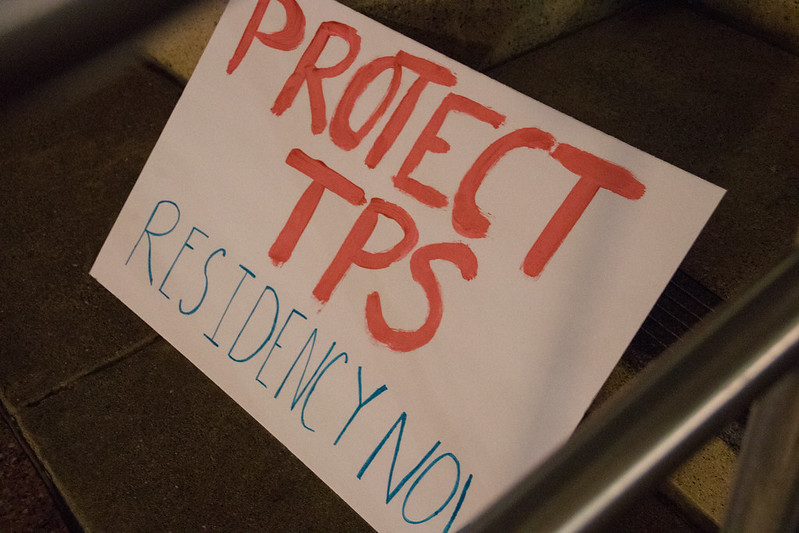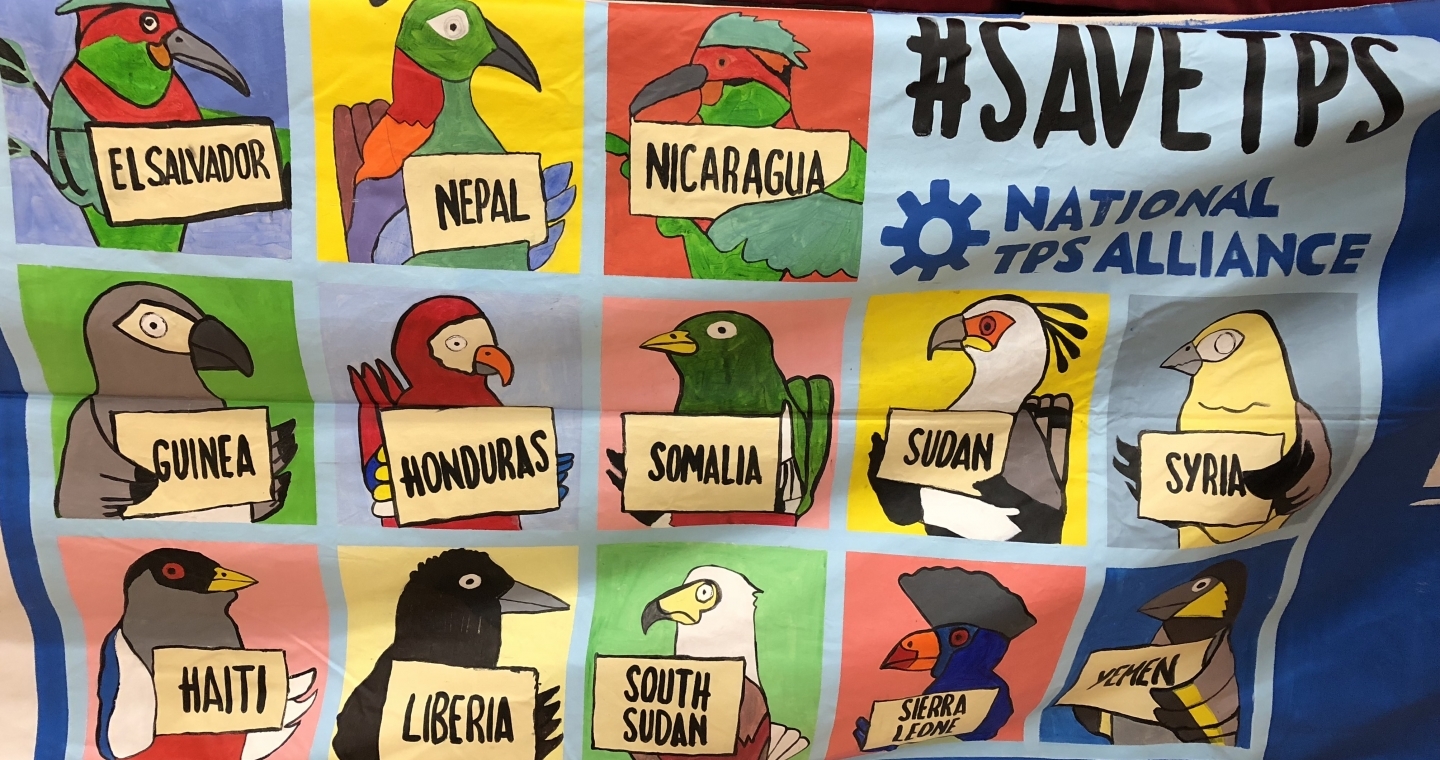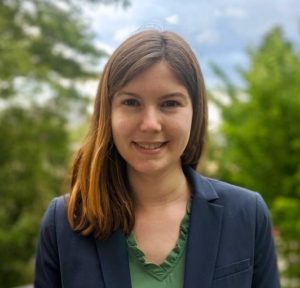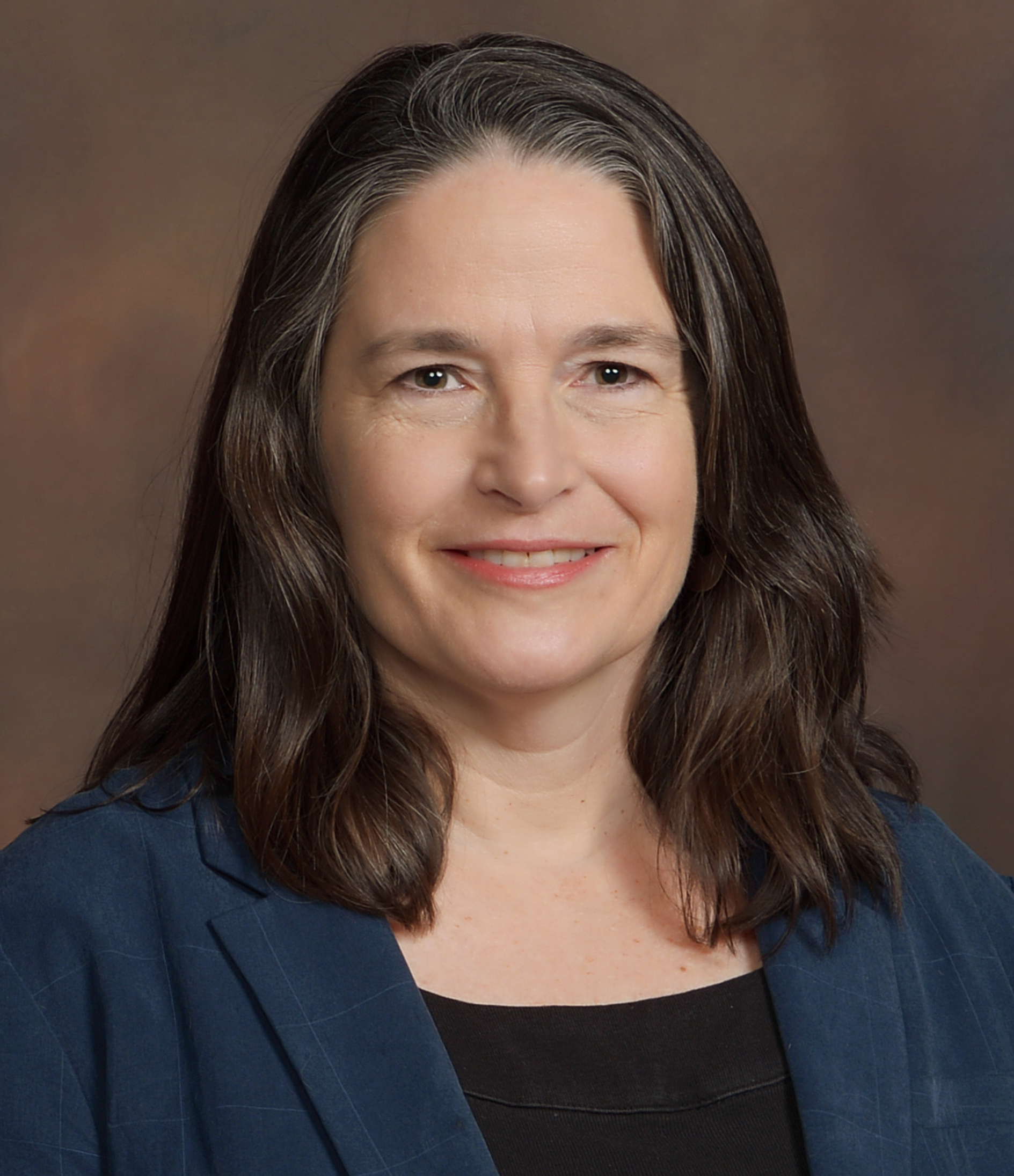Archives
Biden administration removes Rodney Scott as head of U.S. Border Patrol
Tell President Biden to Protect Afghans Who Worked for the United States
Tens of thousands of Afghans who worked for the U.S. military—and their families—are in danger of Taliban retaliation as U.S. troops pull out. With rising COVID infections in Afghanistan, the U.S. Embassy suspended visa processing in early June, stranding visa applicants whose work with U.S. forces puts their lives and their families in danger.
Contact President Biden today and tell him to evacuate Afghans whose work for the United States puts them and their families in danger.
The New York Times reported on their plight recently:
“’I get phone calls from the Taliban saying, ‘We will kill you’ — they know who I am and that I worked for the Americans,’ Mr. Walizada said. He has delayed marriage because he does not want to put a wife at risk, he said, and he has moved from house to house for safety….
“More than 18,000 Afghans are awaiting decisions on their S.I.V. applications, according to the U.S. Embassy in Kabul, the capital of Afghanistan. Many say they are seized by dread, fearing they will be denied, or approved only after they have been hunted down and killed.”
The Special Immigrant Visa (SIV) program lets Afghans who worked with the U.S. for two years move to the U.S. with their spouse and children. The application process is long and complicated. Apart from those waiting to apply, a backlog of 18,000 applications are waiting to be processed.
It is time to evacuate these Afghan nationals and their families before the final U.S. troop withdrawal—something the U.S. government has done previously when winding down military operations in Vietnam, Iraq, and Kosovo. They cannot wait inside Afghanistan for lengthy visa processing. We owe it to our allies who served alongside our troops and diplomats to protect them.
Bipartisan groups of Senate and House members have called on the Biden administration to prioritize the protection of Afghan allies. There’s no time to delay – the Biden administration must act now to evacuate these Afghans to a place of safety while their applications are being processed.
Contact President Biden today and tell him to evacuate Afghans whose work for the United States puts them and their families in danger.
Sample message:
Afghan nationals who have worked with U.S. troops and diplomats are in danger. The Special Immigrant Visa process is slow and has a backlog of more than 18,000 applications. We need to honor our commitment to these allies and evacuate them NOW, with their families, to a safe place. This is a moral and humanitarian imperative.
Temporary Protected Status Updates

Burma and Haiti joined Venezuela in receiving new grants of Temporary Protected Status (TPS) under the Biden administration. The Department of Homeland Security (DHS) designates foreign countries for TPS when conditions in the country prevent citizens of that country from safely returning, or when the country is unable to adequately handle the return of its citizens. Possible examples that may lead to TPS designation include ongoing armed conflicts and major environmental disasters.
On Friday, March 12, 2021, Secretary of Homeland Security Alejandro N. Mayorkas designated Burma (Myanmar) for Temporary Protected Status (TPS) for 18 months. TPS for Burma (Myanmar) comes in response to the coup on February 1, 2021 and the ensuing crackdown on protesters.
This new designation enables citizens of Burma and individuals without nationality to file applications for TPS if (1) they were living in Burma (Myanmar) right before coming to the US, and (2) they have resided continuously in the United States since March 11, 2021. During the designated TPS period, TPS holders are allowed to live in the United States and cannot be detained by DHS just on the basis of their immigration status. TPS holders are eligible to apply for an employment authorization document (EAD) and for travel authorization.
Shortly following the Burmese TPS designation on May 22, Mayorkas announced a new TPS designation for Haiti for 18 months. Specific duration dates for the designation and instructions for applying for TPS will be included in the upcoming Federal Register notice on TPS Haiti.
With the extension of TPS for Haiti, Haitians who have been in the United States continuously since May 21, 2021, will be eligible to apply for, or extend, TPS until November 2022. Approximately 55,000 Haitians currently hold TPS. TPS for Haiti was initially designated in January 2010 following the devastating earthquake in Haiti.
ILCM staff attorney James Rasmussen spoke with the Sahan Journal about the Biden administration’s recent decision to extend TPS to immigrants from Burma (Myanmar) and Haiti.
“‘We are seeing an increase in violence around the world, and an increase in unrest and unsafe conditions that have been brought on by the COVID-19 pandemic,’ Rasmussen said. ‘The underlying principle for Temporary Protected Status is that it is a form of humanitarian relief.’”
Rasmussen added that there are multiple benefits to receiving TPS on top of protection from deportation. Recipients can get work permits, which means they can support their families, and also get driver’s licenses.”
Venezuela had been designated for TPS in March.
On June 7, the Supreme Court dealt a blow to potential TPS recipients in a unanimous ruling saying that noncitizens who have been granted temporary humanitarian relief from deportation cannot use the process known as “adjustment of status” to obtain lawful permanent residency in the United States without leaving the country.
The unanimous decision said that people with TPS are not eligible to apply for green cards (permanent legal residence) if they entered the United States without authorization. The Supreme Court’s decision is based on the language of the statute, which Congress can change.
You may have heard ILCM Executive Director Veena Iyer speaking about this ruling on WCCO Radio. Veena spoke to the fact that Congress must act in order to create a pathway to citizenship for these individuals and all immigrants and refugees.
“Congress must act to protect individuals with temporary protected status and the millions of Dreamers and immigrant workers who lack a pathway to permanent legal status and citizenship,” said Veena Iyer, executive director of the Immigrant Law Center of Minnesota (ILCM). “Changing the law underlying the Supreme Court’s decision today is one way for Congress to support a subset of TPS holders, but broader immigration reform is needed so long- term residents are able to obtain a green card and citizenship regardless of how they initially entered. All of us need these parents, grandparents, brothers and sisters, nurses, doctors, farm workers, artists—these absolutely essential members of our communities.”
 The administration is considering further designations of TPS, with advocates pressing for TPS for Cameroon, and redesignation of TPS for Guatemala, Honduras, El Salvador, and Nicaragua. Redesignation would allow new applications for TPS from nationals those countries who are already living in the United States.
The administration is considering further designations of TPS, with advocates pressing for TPS for Cameroon, and redesignation of TPS for Guatemala, Honduras, El Salvador, and Nicaragua. Redesignation would allow new applications for TPS from nationals those countries who are already living in the United States.
More than 2,000 TPS holders live in Minnesota. They have built lives here, with U.S. citizen spouses and children, employers, churches, and communities. A pathway to citizenship will recognize this reality and protect TPS holders whose real home is now here.
New U.S. House bill would speed special immigration visas for Afghans
Juneteenth: Our Collective Tenacity, Resilience, Persistence
Rep. Ilhan Omar, others encourage US to rebuild refugee resettlement ahead of World Refugee Day
Burmese Language Fact Sheet: Temporary Protected Status for Burma (Myanmar) (6.9.2021)
This fact sheet is current as of 6.9.2021.
TPS for Burma ILCM Fact Sheet BurmeseSummer 2021 Staff Updates
Welcome to the first of our summer interns and new team members! We have eight new interns joining us this summer including:

Kathy Santamaria Mendez will be a Minnesota Justice Foundation law clerk for the summer. She is a rising second-year law student at Mitchell Hamline. She earned her a B.A. in Chicano/Latino Studies in 2019 from the University of Minnesota—Twin Cities. She became interested in immigration law at a very young age due to her own experience as an immigrant from El Salvador. This pushed her to pursue various internships and opportunities throughout college that would allow her to create policy change, such as being a member of the Young Women’s Initiative of MN, the Capitol Pathways Internship Program, the Urban Scholars Program, and working as a summer fellow for MN Attorney General Keith Ellison. Before starting law school, she worked as a Legal Assistant at Ostrom Law Office which helped her gain first-hand experience in handling various types of immigration cases. She hopes to use her law degree to continue working in immigration law. During her free time, she spends time with her 7-year-old son playing outdoors, exploring the Twin Cities, and volunteering as a youth leader at her church.

Noah Rice just completed his freshman year at Cornell University, where he is studying art history and Jewish studies. Noah will be our advocacy intern for the summer.
Carlos Reyes Rojas is currently a rising senior at Carleton College where he studies Political Science. He is interning with our Pro Bono team, and he is looking forward to this summer. He is interested in studying law and potentially pursuing a career in immigration law. In his free time he likes to play soccer, watch soccer, and listen to music.
We have three individuals who will be working with our Community Defense Project.

Jennifer Melton is a rising second year at the University of Minnesota Law School. She has nearly a decade of experience working with survivors of human trafficking in China and here in the United States.
Julia Potach is a rising third year at the University of Minnesota Law School who has a long commitment to working with immigrants and refugees. Julia grew up in Minnesota and graduated from the University of Minnesota, where she majored in Spanish Studies and Global Studies.

During college, Julia become interested in immigration issues through her volunteer work with local community organizations that served immigrant communities and an internship with The Advocates for Human Rights. After graduation, Julia spent two years working near the U.S./Mexico border as a paralegal and consultant for the Dilley Pro Bono Project. Her experience providing legal services to families in immigration detention led her to attend law school.
Sara Osman is a rising third year at the University of California at Berkeley Law School. They have done significant media work with youth.

ILCM also hired a new Director of Finance and Operations, Sally Nankivell. Sally is currently the executive director of LegalCORPS, an organization that provides business law pro bono assistance to small businesses and nonprofits including many immigrant-owned small businesses. She was previously the Administrative Director at the Advocates for Human Rights, where she led the finance, human resources, technology and operations functions, and developed great insight and experience into issues facing immigrants and refugees.
The ILCM Board elected a new member, Pa Nhia Vang. Pa Nhia came to the U.S. as a refugee. She is an associate at Jones Day, a pro bono attorney with ILCM, Hmong American and grew up on East Side of St. Paul and also served on the board of the Hmong American Bar Association.
We are also sad to see two of our team members and friends leave ILCM – Jess and Susan. We are thankful for their work with ILCM and will miss both of them tremendously.
Jess first joined ILCM as a law clerk in 2008. She then took pro bono cases after graduating law school and becoming an attorney. In 2016 Jess joined ILCM as an attorney in our Worthington office, where she was a tireless advocate for clients in Southwest Minnesota. Jess then came to the St. Paul office to become a Pro Bono Coordinator/Staff Attorney, where she has played a tremendous role in screening, evaluating, and placing naturalization cases and supporting hundreds of pro bono attorneys. She will miss the clients tremendously.
Susan has been a tremendous member of ILCM’s community since she started her career here as a law clerk from 1998-2001 and later returned as a staff attorney in 2006. She has been a tireless advocate for ILCM’s clients and has accumulated and shared a wealth of information on immigration law and practice, particularly “crimmigration” and deportation defense. In her time at ILCM, Susan has handled over 1,000 cases and advised public defenders on close to 6,000 matters.




